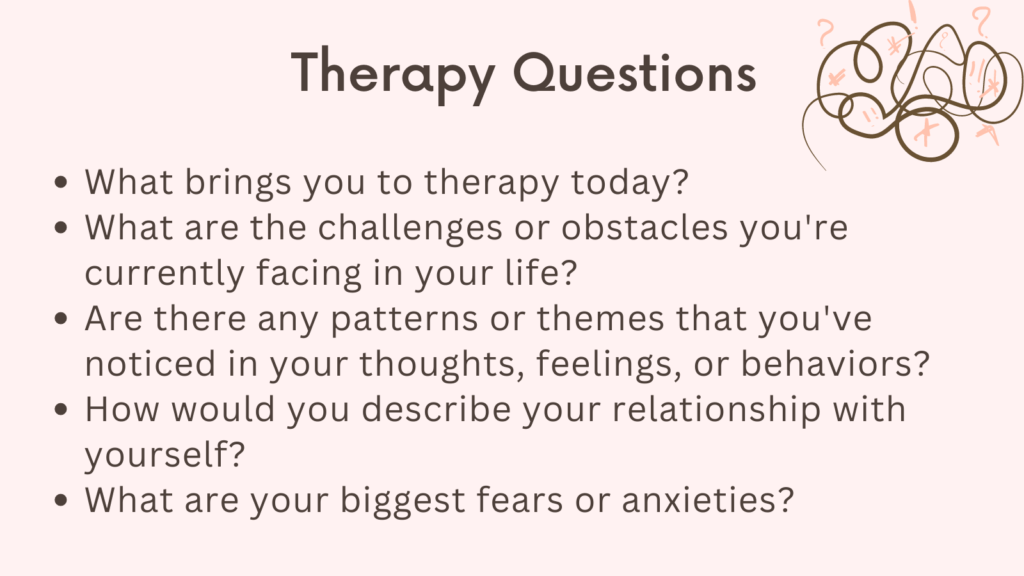In this post, you’re going to learn all about the 5 principles of trauma informed care – safety, choice, collaboration, trustworthiness and empowerment.
What Is Trauma Informed Care?
Trauma-informed care is an approach to engaging with individuals that recognizes the widespread impact of trauma and emphasizes creating an environment that promotes safety, trust, and empowerment.
This approach is rooted in an understanding of trauma’s impact and seeks to prevent re-traumatization while providing support and opportunities for healing.
Trauma-informed care is not limited to clinical settings; it can be applied in various contexts, including healthcare, education, social services, and community organizations.
By integrating a trauma-informed approach, professionals and caregivers can better understand and respond to the impact of trauma, reduce the risk of re-traumatization, and create supportive environments that facilitate healing and recovery.
Overall, trauma-informed care aims to shift the focus from asking, “What’s wrong with you?” to “What happened to you?”
This approach recognizes the complex ways in which trauma can influence individuals’ lives and prioritizes sensitivity, understanding, and empowerment in supporting their well-being.
Related: Why Is Trauma Therapy So Hard? (+Best Trauma Healing Exercises To Support Your Recovery)
5 Principles Of Trauma Informed Care
The 5 principles of trauma-informed care are safety, choice, collaboration, trustworthiness, and empowerment.
These principles form the foundation for creating an environment that supports individuals who have experienced trauma.
1. Safety
Safety is a fundamental aspect of trauma-informed care.
It involves creating physical, emotional, and psychological safety for individuals who have experienced trauma.
In a clinical setting, this can mean establishing a safe and comfortable environment for therapy sessions, respecting personal boundaries, and prioritizing the individual’s sense of security.
In interpersonal relationships, it involves demonstrating reliability, predictability, and consistency to foster feelings of safety and trust.
2. Choice
Empowering individuals to make informed choices about their care and well-being is essential in trauma-informed approaches.
This principle emphasizes the importance of respecting autonomy and preferences.
In a therapeutic context, it may involve collaboratively setting treatment goals and involving clients in decision-making processes.
In everyday interactions, respecting and honoring personal choices and boundaries can contribute to a sense of agency and self-efficacy.
Related: 7 Trauma Release Exercises To Support Your Recovery After Trauma
3. Collaboration
Collaboration involves building partnerships between individuals and caregivers, therapists, or support systems.
In a healthcare setting, this may entail engaging clients as active participants in their treatment planning and involving them in discussions about their care.
In social or community contexts, collaboration can involve working together to create supportive networks and environments that promote healing and recovery.
4. Trustworthiness
Establishing trust is crucial in trauma-informed care.
This principle emphasizes the need for transparency, honesty, and consistency in all interactions.
Building trust involves maintaining clear and open communication, setting realistic expectations, and following through on commitments.
Trustworthiness fosters a sense of safety and reliability, which is especially important for those who have experienced trauma.
Related: How To Rebuild Your Life After Trauma?
5. Empowerment
Empowerment is about fostering resilience and promoting the individual’s sense of control and self-determination.
In a therapeutic setting, this can involve emphasizing strengths, validating accomplishments, and supporting individuals in building skills for coping and self-care.
In broader social contexts, empowerment may involve advocating for systemic changes that support the autonomy and well-being of trauma survivors.

Conclusion
Understanding and incorporating these principles into your interactions and relationships can contribute to creating a supportive and empowering environment for individuals who have experienced trauma.
Whether in professional settings, personal relationships, or community engagement, trauma-informed care principles can guide practices that prioritize safety, choice, collaboration, trustworthiness, and empowerment, ultimately promoting healing and resilience.



